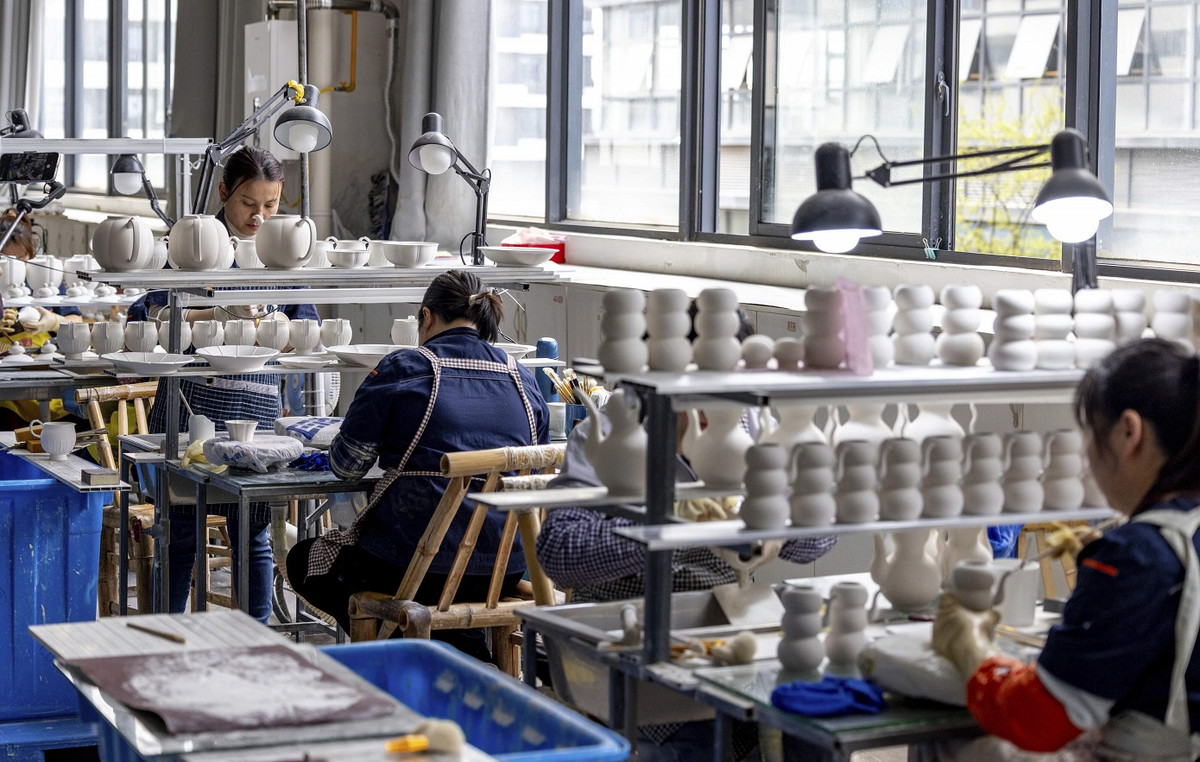There’s a lot of talk about the female biological clock, and how age affects a woman’s chances of becoming a mother. But now new research, led by Palo Alto urologist Albert S.Ha, shows that Male fertility is also influenced by the passing of time: The study was based on data from more than 46 million births in the United States between 2011 and 2022, which the authors compared by male demographics (fathers in their thirties and fifties) to find that Every ten years increases the risk of complications during pregnancy. And that, compared to couples where the father is between 30 and 39 years old, in those with the parent over 50 the risk of premature birth increases by 16%, low birth weight of 14% and of gestational diabetes of 13%.
Fathers get old
The problem concerns us closely, considering that Italian new fathers are the oldest in Europe: according to the latest Istat data, in fact, the average age at which they have their first child is 35.8 years (but there are more and more of them who go beyond 45-50), compared to 33.9 in France and 33.2 in Germany. A phenomenon that is increasingly frequent compared to the past, which would concern approximately 70% of new fathers: this means that In our country, 1 in 3 men is still childless after the age of 36. The point is that, yes, men are fertile from puberty until later in life – as demonstrated by even recent cases of famous people – but the quality of sperm decreases significantly after the age of 40.
What are the risks?
Among the most common consequences: partners take longer to get pregnant. In fact, another study found that partners of men aged 45 and over were nearly five times more likely to take more than a year to conceive. And data from ten different studies found that Having older partners increases the probability of not carrying the pregnancy to term: compared to couples where the man was between 25 and 29 years old, a paternal age over 45 increased the risk of miscarriage by as much as 43%. Even the results of assisted reproductive technologysuch as in vitro fertilization, change: a review of studies conducted on couples using assisted reproductive technologies found that paternal age under 40 reduced the risk of miscarriage by about 25% compared to those with men in their 40s.
The consequences on the child
And there’s more. Because of age-related changes in sperm DNA, sons of older fathers run a higher risk of having problems such as autism, schizophrenia, bipolar disorder, and leukemia. In addition, a recent scientific analysis concluded that children of older parents have higher rates of psychiatric illness and behavioral disorders. But while the increased likelihood of adverse health outcomes for the child related to older paternal age is real, the magnitude of the phenomenon is moderate. It is important to emphasize that a very small increase in risk exists, but that Most children of older parents are born healthy and develop well.
Paternal health
Finally, it should be remembered that the Chronic diseases that affect fertility and reproductive outcomes are more common as men ageincluding obesity and diabetes, which affect the quality of sperm by reducing testosterone levels. For this reason, experts recommend adopting a healthy lifestyle as much as possible. Specifically, it is advisable to avoid smoking, obviously drugs, anabolic steroids and alcohol abuse. Because all the data confirm that Men want to have children as much as women do and that in most cases they would like at least two. But few are aware of their biological clock and are informed about the limits of male and female fertility. Furthermore, they tend to overestimate the possibility of becoming parents, with or without assisted reproductive technologies.
Source: Vanity Fair
I’m Susan Karen, a professional writer and editor at World Stock Market. I specialize in Entertainment news, writing stories that keep readers informed on all the latest developments in the industry. With over five years of experience in creating engaging content and copywriting for various media outlets, I have grown to become an invaluable asset to any team.







